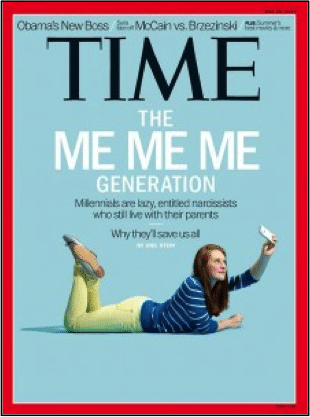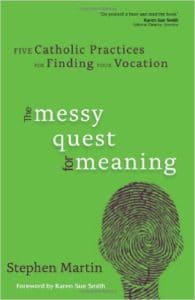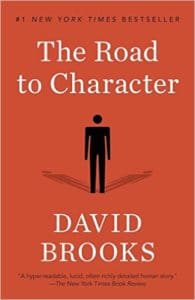FOREWORD
Unrepeatable: Cultivating the Unique Calling of Every Person
Growing up has never been easy, and some would describe it as a lifelong process. But whether we define “growing up” as something that only ends when we die, or whether we think of it as those years of adolescence and young adulthood when a character is formed and a life path is embarked upon, growing up has become a lot harder because of the cultural tsunami that has swept through the Western world over the past fifty years or so.
That tsunami can be described in many ways, but the “Culture of Me” sums things up rather well. What the late Father Richard John Neuhaus used to call the “imperial autonomous Self” is at the center of the Culture of Me, and that Self has been cut off from some ideas that, for millennia, shaped the civilization of the West: like the idea that life is journey and pilgrimage, not cyclical repetition or one-thing-after-another; and the idea that there are truths written into the world and into us that we can know with clarity; and the idea that knowing those truths teaches us important things about ourselves and our obligations; and the idea that living according to those truths makes for happiness, fulfillment, and nobility; and the idea that if “Me” and my pleasures are all that I cherish, I’ve reduced myself to the condition of a two-year old, no matter what my age.
Unrepeatable takes growing up far more seriously than the Culture of Me: indeed, Luke Burgis and Joshua Miller say to that culture, “we’ll see you and raise you.” We’ll take the uniqueness of each individual person even more seriously than you do, Culture of Me. And we’ll show you, from experience and from reflection, that taking the individual seriously means understanding that each of us grows up, or doesn’t, because we grow out of the sandbox of self-absorption and enter a brighter, wider, more open and exciting world of vocation and mission – a world of wonder in which the driving question is, “What ought I be doing now?”
Which is a far cry from “What itch am I scratching now?”
There is an awful lot of unhappiness in the world of liberty-as-license, which is the great moral confusion within the Culture of Me, and there is some hope that young people are beginning to figure that out. Through stories, through the truths we learn from both revelation and reason, and through tales drawn from the experience of mentoring young people, Unrepeatable should help all those charged with helping the young grow up do that work well, especially those to whom young men and women turn with the burning question, “What am I supposed to do with my life?”
That question has as many answers as there are human beings, for each of us is indeed “fearfully and wonderfully made” (Psalm 139.14). And here is another way that Luke Burgis and Joshua Miller offer a powerful antidote to one of the most disturbing, because degrading, aspects of the Culture of Me. Think of the vision of the human that demerges from the New Atheists: the universe we know is a cosmic accident; we, and everything around us, are merely the byproducts of a chance convergence of cosmic biochemical processes; we’re just congealed stardust, and when we die, we return to the meaningless oblivion from which we came.
Now if that’s how you think of yourself, why not put the pleasure principle at the center of your life? If that’s all there is, why leave the sandbox of self-infatuation? If that’s all there can be, why sacrifice for someone else? In an easy-to-grasp way that is nevertheless rooted on some very deep thought, Unrepeatable offers an alternative to this degrading vision of human nature and human possibility, and thus fleshes out, for our confused cultural moment, what it means to grow into the “more excellent way” that St. Paul proposed to those cantankerous Corinthians, two millennia ago.
As his biographer, I’m frequently asked why St. John Paul II was such a magnetic Pied Piper for the young. My constant answer is that he was a compelling figure because he told the truth and he challenged the young to live in the truth. He didn’t hedge, and he didn’t pander. He knew that all of us fail, but he also knew that failure is no reason for young people to lower the bar of expectation or to lower their standards. Above all, he knew from his own experience as a university chaplain that young people want to lead lives of heroism, lives that count. So do Luke Burgis and Joshua Miller, and that knowledge permeates and informs this book.
Civilization itself depends on a critical mass of men and women who live vocationally – who live for others because they live according to the call to nobility and excellence that resonates in every human heart. Unrepeatable helps chart a path toward a better future than that proposed by the Culture of Me, and does so one life at a time.
– George Weigel
Distinguished Senior Fellow and
William E. Simon Chair in Catholic Studies,
Ethics and Public Policy Center




